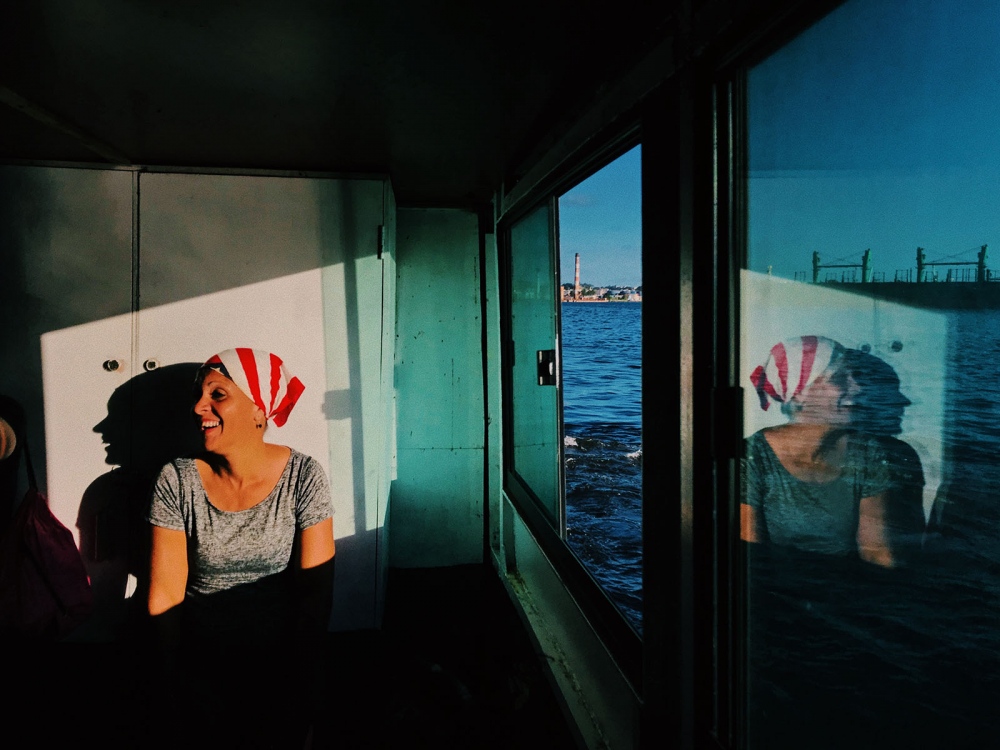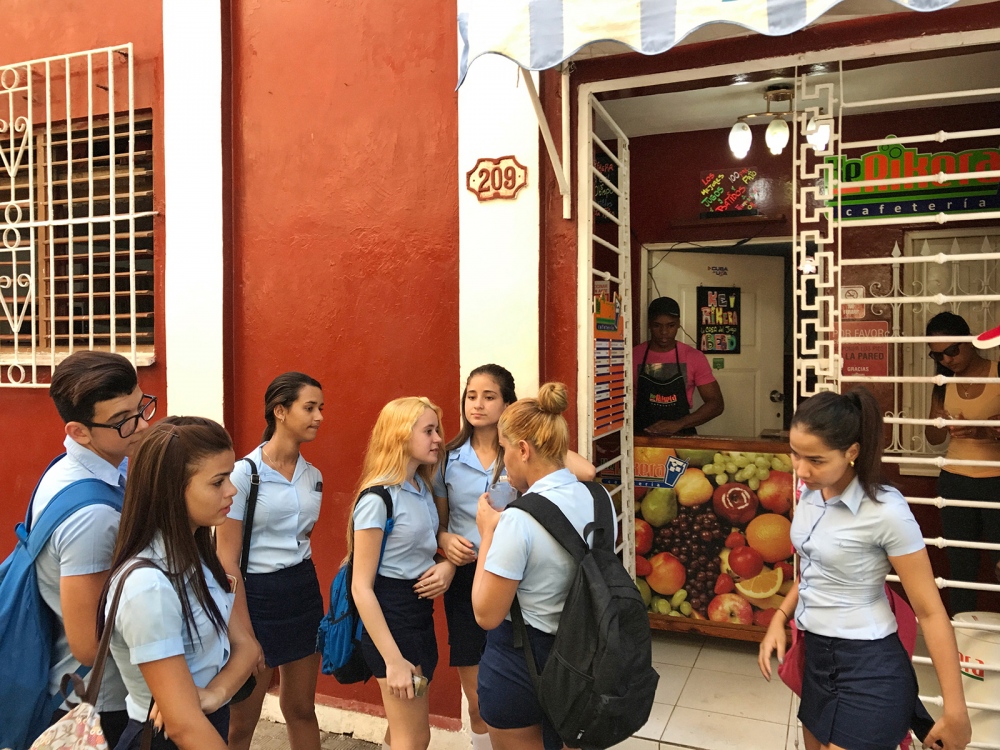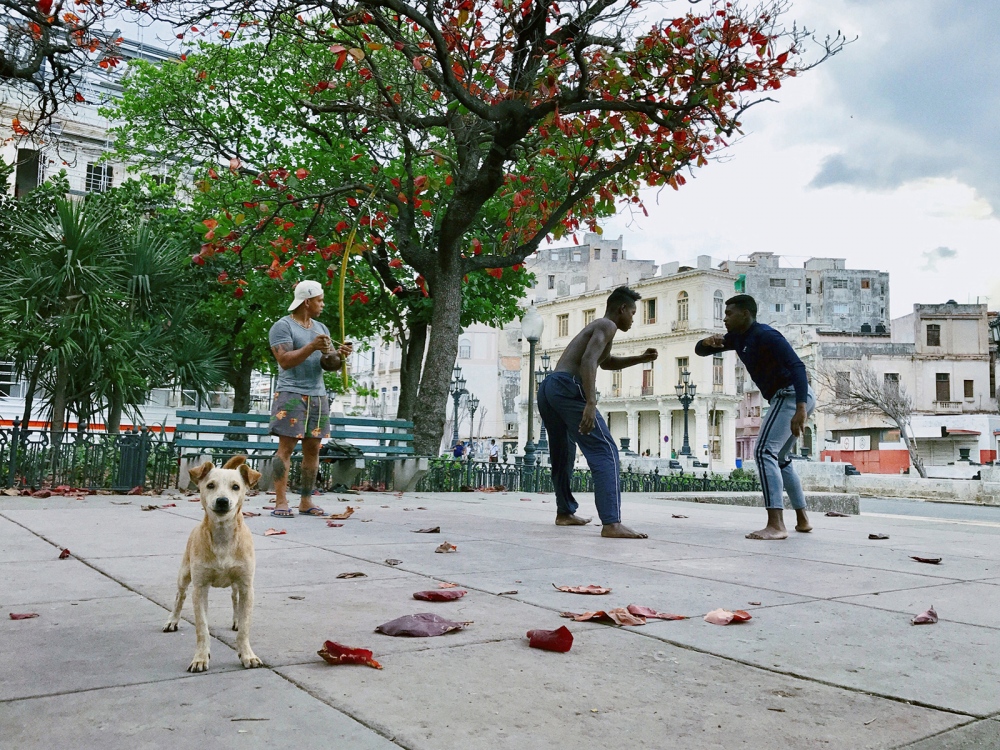Cuba and its inevitable transformation.
Last year Cubans had celebrated their first May Day without the presence of their revolutionary leader Fidel Castro.
The people from all over the world believe that nothing will be the same in the country as it was after Castro's passing away. Yet, it is strange not to hear this from anyone who lives in Cuba!
Hundreds of Cubans escaped to the United States when Fidel Castro came into power in 1959 and following the crisis in 1990.
The area called Little Havana (aka La Pequeña Habana) in Miami is the neighbourhood where the most Cubans live today as is evident from its name.
Cuba, the shining star of socialism on earth, has been a country of praises in every period. Successful health policy, educational system and more importantly, becoming prominent with the unique understanding of equality in the world attract the attention to Cuba. The United States of America lifted the embargo in 2016. Launching direct flights from the USA to Cuba and the increasing touristic cruises approaching the Havana harbour have contributed a great deal on the economy of the country. As a result, the transformation has been inevitable.
The thing that the residences of the country and tourists complain about most is the internet.
In 2016, Cuba's telecommunication service provider Etecsa signed an agreement with the internet giant Google. Pursuant to the agreement, Google will establish internet service providers in Cuba. Cubans will be able to utilize all services of Google including Gmail and YouTube ten times faster than ever.
Nowadays, Cubans have the internet access in their homes although this does not apply to all. The government has restricted the internet access with 5% of the country's population.
Cubans are pleased with the development of tourism and welcoming more tourists in the country. This is also a source of income for the local people who rent out the rooms of their houses. Although they pay the most of their income to the government, it is an additional source of income for the people who work for very low wages.
Cuban people have an attracting style of clothing. Considering that the people live on the threshold of poverty and far from being luxurious, it is surprising that Havana streets look like a fashion parade. In the series that I shot, particularly the portraits of the ordinary people from different occupations on Havana streets and their different clothing styles immediately catch the attention of the onlookers.
Pastel colours of the day time are replaced with colourful, radiant clothes at night. This is what attracts tourists' attention most here. You will not feel tired while walking around the streets of Havana where different tunes of music come out of each venue. Cuba is one of the top destinations for travellers. It is a country where people can feel the sea, history, dance and the heritage of South American culture in every step they take.






















